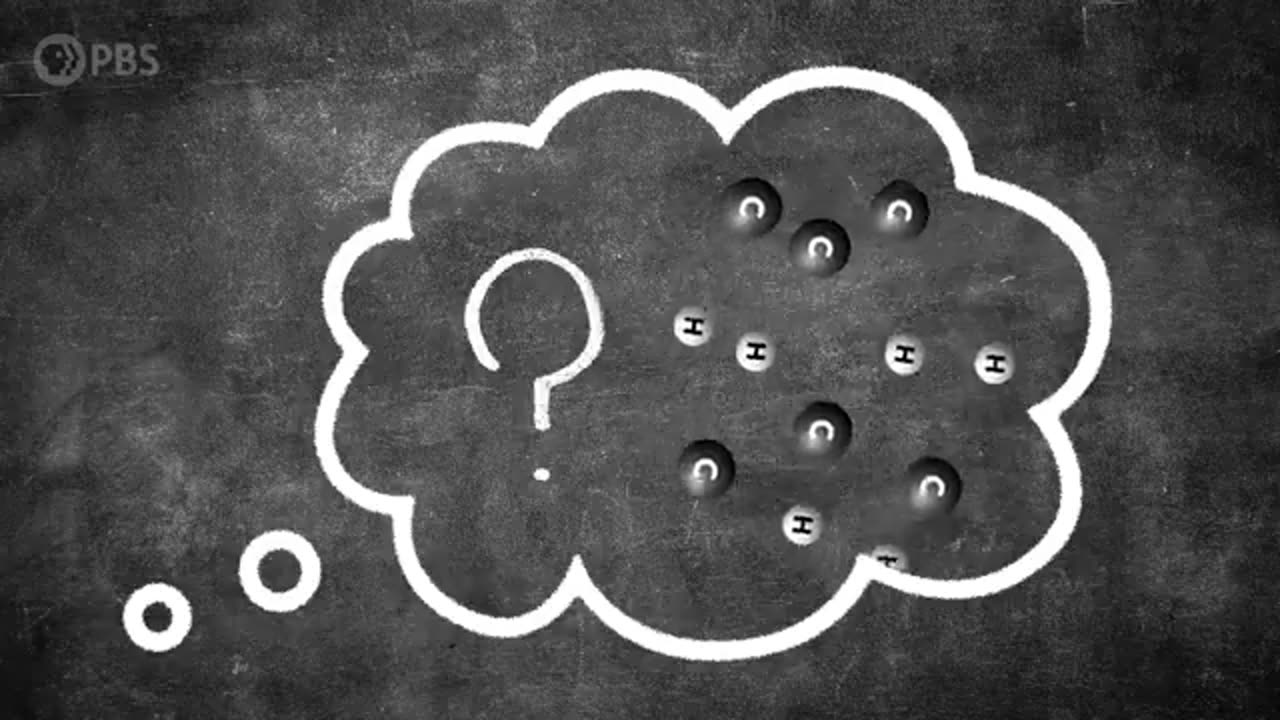Premium Only Content

The Strange Science of Why We Dream (1)
Dreams have fascinated scientists, philosophers, and storytellers for centuries, but their exact purpose remains elusive. Research into why we dream is part of the broader effort to understand consciousness and the brain's functions. Here's an exploration of some prominent theories and findings related to dreams:
---
### **1. Memory Consolidation**
One of the most widely accepted theories is that dreams help consolidate memories and process information. During REM (Rapid Eye Movement) sleep, the brain strengthens neural connections linked to learning and experiences from the day. Dreams might represent the "sorting" process where irrelevant details are discarded, and significant memories are integrated.
---
### **2. Emotional Regulation**
Dreams could serve as a kind of "emotional therapy." Studies suggest that dreaming about distressing or significant experiences helps the brain process and regulate emotional responses, allowing us to face those feelings in a safe environment.
---
### **3. Threat Simulation Theory**
Proposed by Finnish psychologist Antti Revonsuo, this theory posits that dreams allow us to practice responding to threats in a simulated environment. This could have evolved as a survival mechanism, preparing us for real-life dangers by rehearsing reactions in the dream state.
---
### **4. Creativity and Problem-Solving**
Dreams often present bizarre or nonsensical scenarios, which some researchers believe help in thinking outside the box. There are numerous anecdotes of breakthroughs inspired by dreams, such as Paul McCartney's "Yesterday" melody or Mendeleev's periodic table.
---
### **5. Random Neural Activity**
The Activation-Synthesis Hypothesis suggests that dreams result from random neural activity during sleep. The brain tries to make sense of this activity, weaving it into narratives that we experience as dreams.
---
### **6. Psychological Theories**
Freud famously theorized that dreams are the "royal road to the unconscious," revealing hidden desires and unresolved conflicts. Carl Jung expanded on this idea, suggesting dreams reflect archetypes and the collective unconscious.
---
### **7. Maintenance of Cognitive Functions**
Dreaming may help keep the brain's cognitive functions sharp. Some researchers believe that the act of dreaming is necessary for maintaining mental flexibility and preventing mental "stagnation."
---
### **Scientific Challenges**
Studying dreams is inherently challenging because they are subjective experiences. Advances in neuroimaging and sleep studies are helping scientists uncover how and why the brain produces dreams, but much remains speculative.
---
Dreams may serve multiple functions rather than fitting into one single explanation. Regardless of the ultimate answer, the act of dreaming appears to be a crucial component of our mental and emotional health.
-
 LIVE
LIVE
Right Side Broadcasting Network
14 hours agoLIVE: President Trump Makes an Announcement - 11/6/25
2,185 watching -
 1:42:05
1:42:05
Graham Allen
2 hours agoTrump And Vance Show The Path For Winning!!! WE MUST FIGHT! + Erika Kirk Reveals All!
77.1K30 -
 LIVE
LIVE
LadyDesireeMusic
1 hour agoLive Piano & Convo - Rumble Rants and Sub Request
308 watching -
 1:10:27
1:10:27
Chad Prather
17 hours agoThe Secret To Pleasing The Lord Over Man!
55.1K47 -
 LIVE
LIVE
LFA TV
12 hours agoLIVE & BREAKING NEWS! | THURSDAY 11/6/25
3,371 watching -
 52:16
52:16
American Thought Leaders
19 hours agoIs There a Link Between Mass Shootings and SSRIs?
46.6K57 -
 17:12
17:12
World2Briggs
20 hours ago $0.04 earnedTop 10 Towns You Can Retire or Live on $1900 a month in the Midwest #1
33.2K23 -
 17:25
17:25
BlackDiamondGunsandGear
1 day agoCustom Building the Cheapest MP5
41.1K1 -
 2:07:20
2:07:20
BEK TV
1 day agoTrent Loos in the Morning - 11/06/2025
39.4K1 -
 8:10
8:10
The Shannon Joy Show
19 hours agoShould we even VOTE anymore?
38.2K44